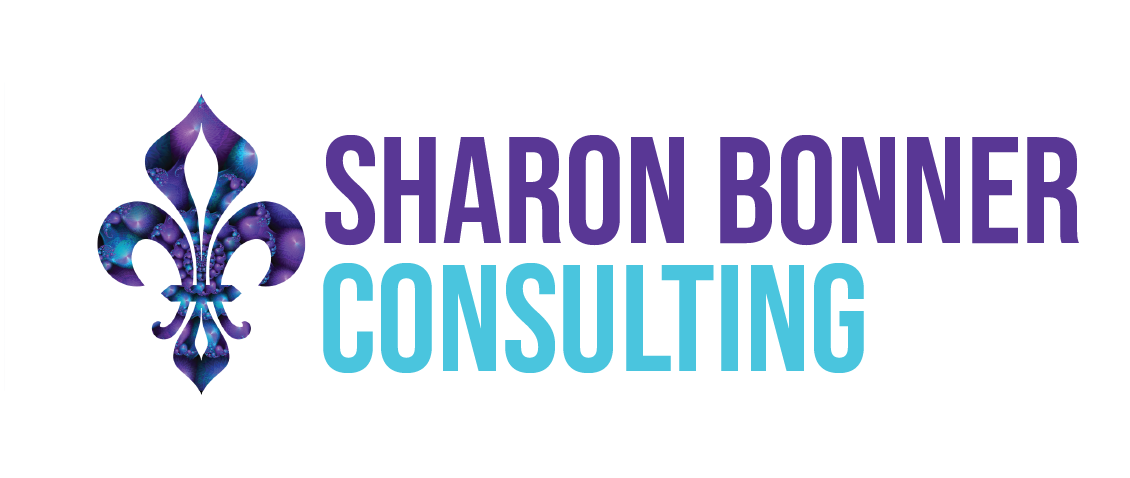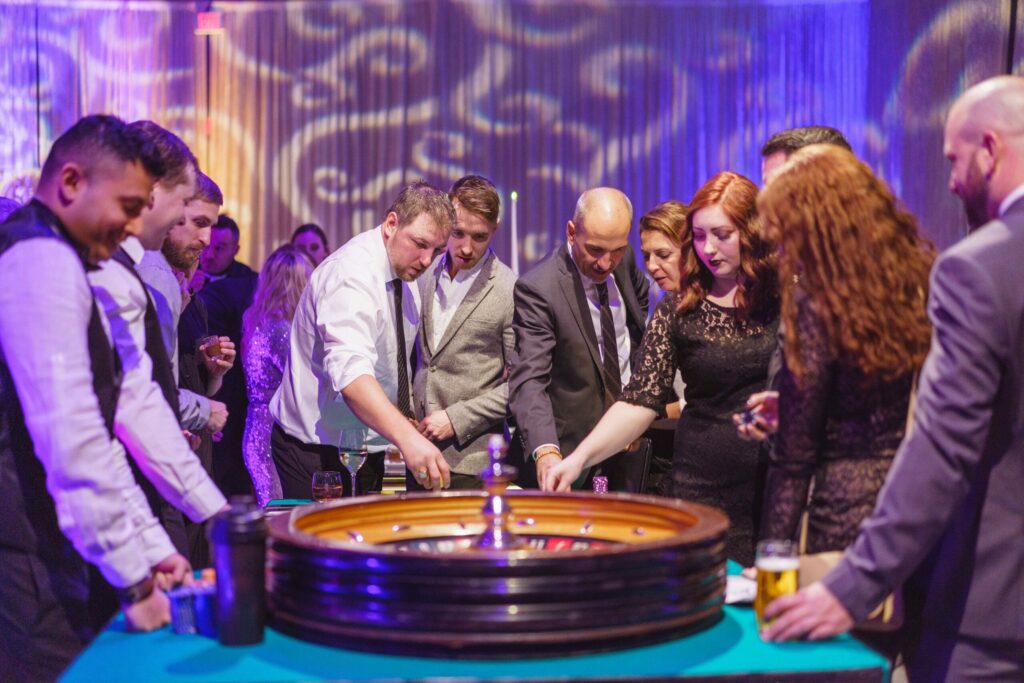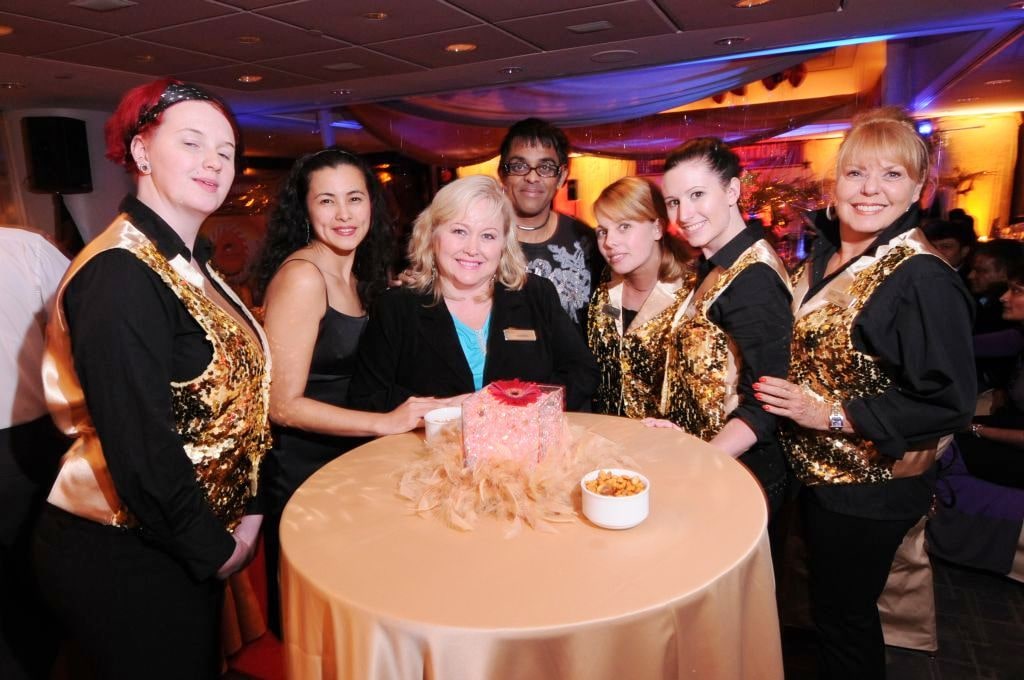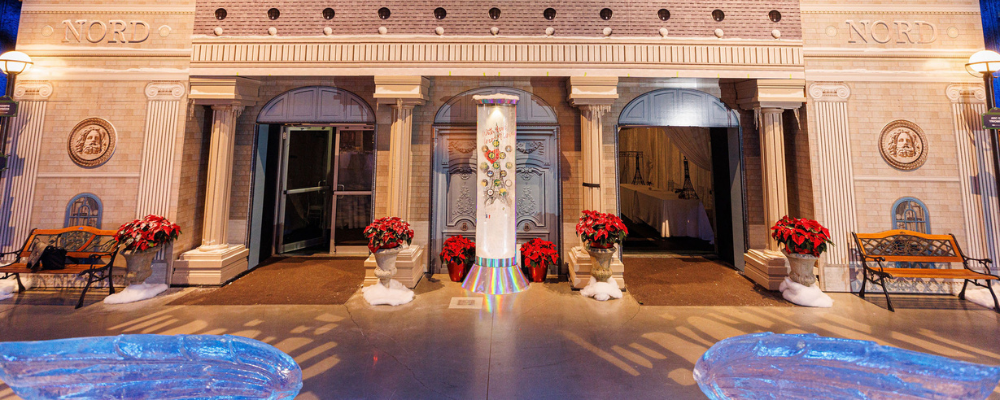Want to learn more about the step-by-step process of how to best plan for your big event? In this blog, we discuss the event planning essentials to produce a show-stopping event by delving into the planning cycle: what you should do pre, during, and post-event!
Why is event planning important?
The planning cycle consists of each phase of the event: pre, middle, and post. While all bear equal importance, attention and priority must be distributed to each in order to ensure a successful event! An Event Consultant can help you plan your event by paying attention to every detail of the event whilst considering the bigger picture.
The Planning Cycle: 3 Stages of Effective Preparation
Stage 1 – Pre-Event
Debatably the most notable of all planning comes before the event. Below are some event planning guidelines to assist you in planning a great event.
Make a checklist
Creating a checklist helps you keep track of tasks/ideas, as well as details of the event that could easily be forgotten. Write down everything you will need for your event before jumping into the decision-making process. Your outline should cover areas such as costs, budgets, important dates, possible vendors, and so forth. Be clear on the event particulars (date, purpose, goals) and pay special attention to the number of people attending this event and the budget. A large portion of the budget is spent on food and beverages, so guest count is critical!
Your Event Consultant can help you review this outline and consider priorities before finalizing decisions. Either way, it doesn’t hurt to keep a notebook on hand to jot something on paper, so that you remember it later!
Create a budget
When it comes to planning an event, keeping a budget is SO important. As mentioned above, the type of food and beverages selected directly affects the budget. When planning for your event, consider the essentials first – ensure the major expenses are properly accounted for, so the remainder of expenses can be fairly distributed.
Do your research
When searching for providers of different services for your event, ensure that you select the best option by considering the theme, content, food, and location. These features constitute a large chunk of the pre-event planning phase.
Rather than rushing into the first vendor, you can find, consider your options and keep an open mind. Negotiate if necessary. An Event Consultant can help you make the best decision given your considerations!
Accommodate your guests
Be prepared to assist your guests. After all, the success of an event lies in the perception of the guests. For instance, prepare to offer a wide array of menu options, including things such as “vegetarian/vegan options”. To get a better idea of the attendees, it is notable to conduct a survey amongst the guests. Your Event Consultant can help with constructing the survey to reach out to your audience!
Engage on social media
Promoting your event on social media platforms is a great way to connect with your guests, as well as boost your event and increase engagement. This way, more people can connect with you during and post-event.
Stage 2 – Day of Event
It’s the big day! You have put a great amount of effort into planning your event, now it’s time to kick it off. Don’t sweat it, you’ve got this. Stay hydrated, eat well, and don’t stress! Your Event Consultant can help guide you through it.
Arrive early
It is best to arrive at the venue early to ensure everything is going according to plan. When you arrive, go over your checklist. Check-in with your vendors to ensure everything is on track.
Set up at the event venue
Ensure your timeline is smooth sailing and confirm that all vendors show up on time for load-in with the necessary equipment they may need. Once the event commences, make sure that all vendors are operating on the final timeline.
Here are some best practices during the event:
- Be available for questions
- Assist guests as needed
- If something changes, which it often does, let every vendor know so they can adjust accordingly
- Once the event ends, discuss payment options with vendors
- If applicable, distribute tips to supporting staff
- Be mindful of load-out times
Stage 3 – Post-Event
Even though the event has ended, your work as an event planner isn’t quite done yet. Post-event, it is super important to wrap things up smoothly. Your Event Consultant can help you with this last step!
Gather feedback
Post-communication from guests is so important because feedback allows you to see what you can do to improve, as well as what you did well. This will encourage you when planning for your next event!
Thank everyone who helped
Contact all vendors and staff to thank them for their hard work and to follow up with any possible questions/comments they may have.
Pay outstanding invoices
Finally, if there are any bills not yet paid, ensure you pay them (on time)!
You’re All Set!
Using an event planning guide to orchestrate your event promises you an event well done – and, using an Event Consultant can guide you through every step of the way!
Whether it’s the pre-event, the day of the event, or the post-event stage, planning for an event requires dedication. An event consultant can help you through every phase of the planning cycle. Connect with an expert today to walk you through the pre, middle, and post event challenges!






